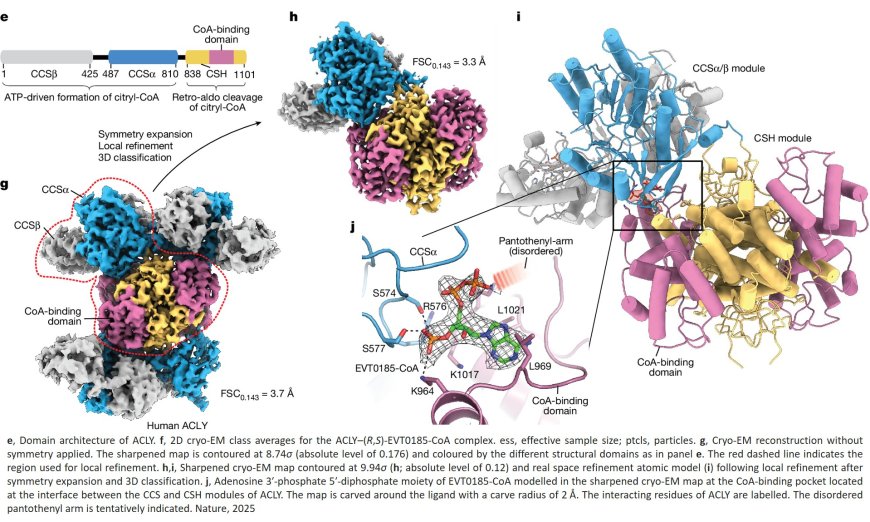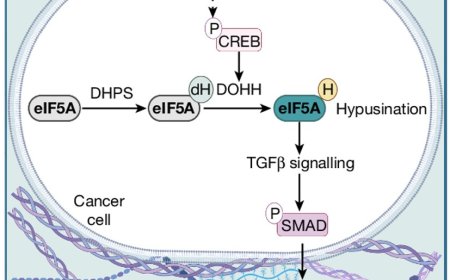Targeting liver tumor metabolism rewires immune function and suppress cancer progression

Liver cancer cells thrive on fat, posing a serious risk of cancer diagnosis for millions of people living with fatty liver disease. But researchers have developed a promising new treatment that helps the immune system attack and destroy these tumors.
The discovery, detailed in a study published in Nature, opens new possibilities for slowing tumor growth and empowering the body’s natural defences. This is particularly important, as current treatments for liver cancer are not very effective, with fewer than one in five people surviving longer than five years.
“This is one of the first studies to show that targeting metabolism in tumors can enable the immune system to kill liver cancer cells, and opens the door to more effective prevention and treatment strategies for this deadly disease,” says the senior author of the study.
Researchers focused on an enzyme called ATP citrate lyase (ACLY), which plays a key role in converting sugar into fat, and designed a drug that inhibits or “switches off” the enzyme selectively in the liver. The result was promising: tumors were detected and killed. Even more exciting for the researchers was an unexpected discovery that the immune response was not triggered by the widely-known cancer-fighting T cells, but by their lesser-known cousin: B cells.
“While T cells are widely recognized for their role in fighting cancer, the contribution of B cells has been less well understood. Our findings highlight a novel and previously underappreciated connection between cancer metabolism and B cell–mediated tumor immunity,” says the lead author.
Fatty liver disease, formally known as metabolic dysfunction–associated steatotic liver disease (MASLD), affects approximately eight million Canadians. Of those, 20 per cent will develop metabolic dysfunction-associated steatohepatitis (MASH), a specific, more severe form of fatty liver disease, that dramatically increases the risk of developing liver cancer.
The drug that inhibits the ACLY enzyme is called EVT0185, and is converted to a CoA thioester in the liver by SLC27A2 and structural analysis by cryo-electron microscopy revealed that EVT0185-CoA directly interacts with the CoA-binding site of ACLY.
EVT0185 was administered in mice with MASH and liver cancer. Mice that were given the drug had fewer tumors that were more vulnerable to attack by immune cells, particularly B cells.
Researchers note more work is needed to better understand how blocking ACLY in tumors enhances the effects of the immune system, and if a similar B cell-driven response could occur in humans and other types of cancer.
https://www.nature.com/articles/s41586-025-09297-0
https://sciencemission.com/ACLY-inhibition-promotes-tumour-immunity












